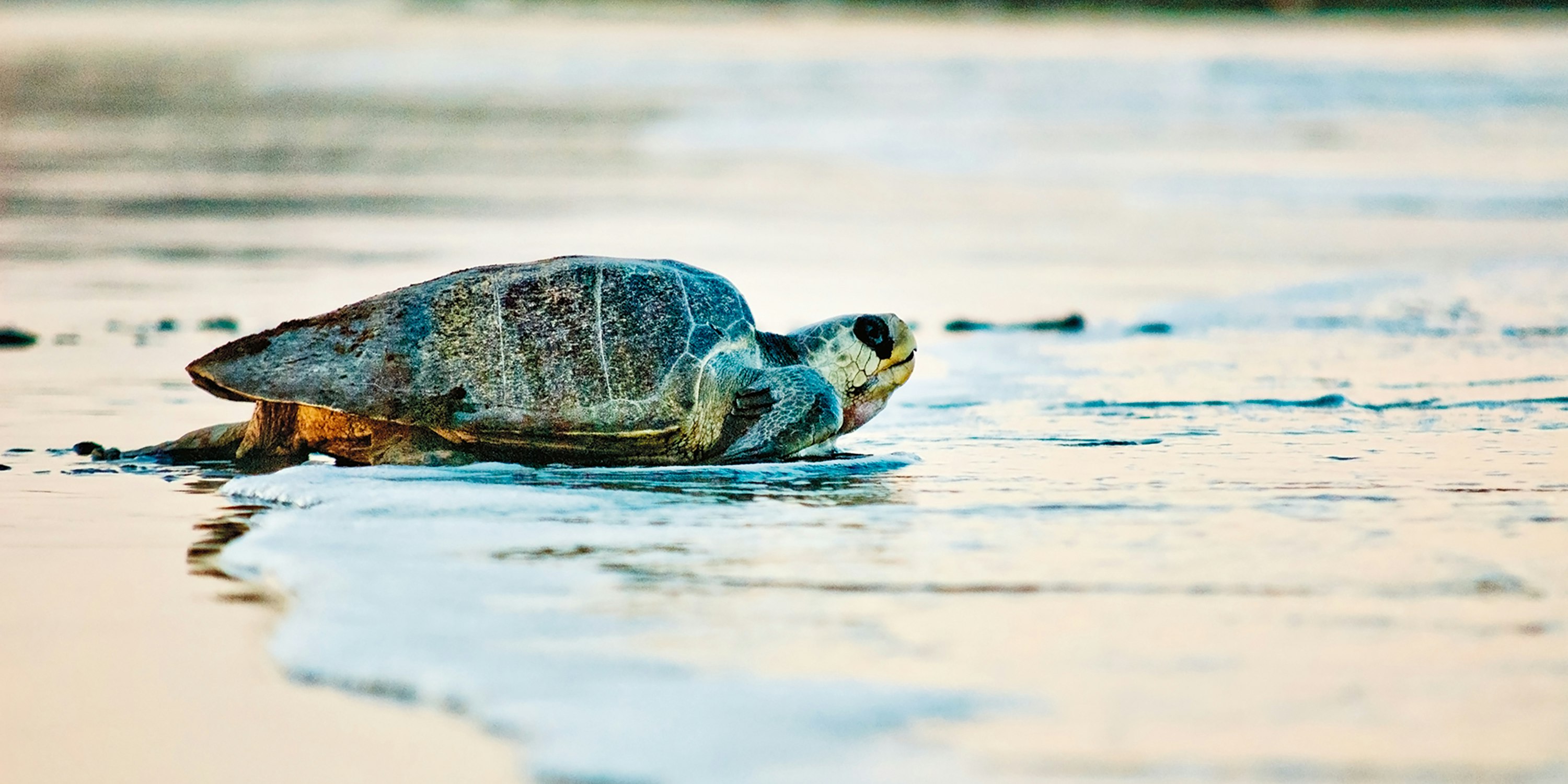Why Choose the Costa Rica: Turtle Conservation Project?
This Rustic Pathways program is designed for high school students eager to protect wildlife, explore Costa Rica’s beaches, and gain hands-on conservation experience. Here’s what makes it stand out:
- Support real sea turtle conservation by helping protect nesting sites and releasing hatchlings into the ocean
- Stay at a coastal wildlife refuge surrounded by rainforest, beaches, and incredible biodiversity
- Earn up to 26 community service hours through environmental preservation and local education projects
- Spot amazing wildlife like dolphins, macaws, howler monkeys, and tropical crabs right outside your cabin
- Travel with like-minded teens and dedicated Rustic Pathways leaders ensuring safety, fun, and lifelong memories







